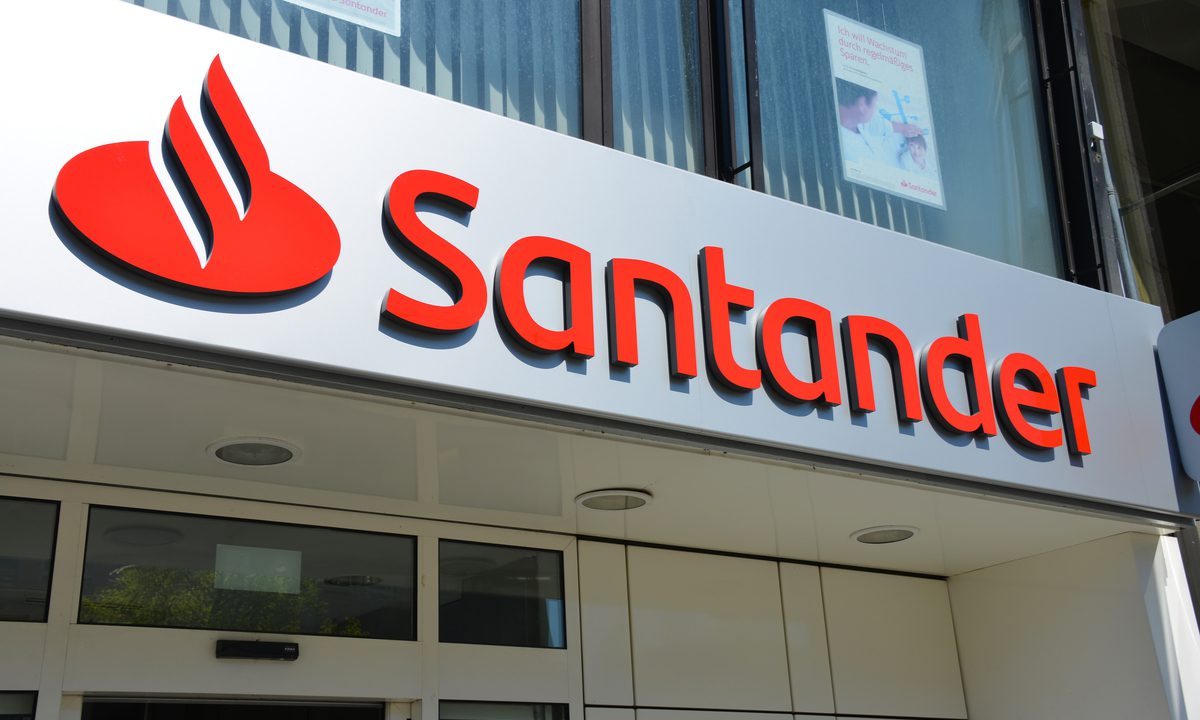on the crypto

Santander Bank blocks transfers to cryptocurrency exchanges
British bank Santander intends to ban real-time payments to cryptocurrency exchanges starting next year. According to an email sent to customers, this measure is aimed at protecting users from scammers. Santander did not specify when the change will take effect in 2023. The bank will soon implement a more limited set of rules.
All real-time payments made to cryptocurrency exchanges via telephone banking, branch transactions, internet and mobile banking, as well as all of these, will be restricted by the bank. Additionally, Santander UK, the British division of Banco Santander, has informed clients of a monthly transaction limit of $ 3.000 and a transaction limit of $ 1.000 with cryptocurrency exchanges.
The new policy will take effect on November 15th. Please note that the new rules will not affect consumers' ability to withdraw money. Clients will still be able to receive earnings from cryptocurrency exchanges on their accounts.
Strict FCA regulations in the UK
According to a Santander spokesperson, the number of British customers who are victims of cryptocurrency-related fraud has increased dramatically. He added that the bank wants to do everything it can to protect its customers and that limiting payments to cryptocurrency exchanges is the best way to ensure the safety of your money.
Santander will continue to block payments to Binance in accordance with the Financial Conduct Authority (FCA) strict policy on the exchange. According to the FCA, it is unable to adequately supervise the company and clients are at risk due to its "complex and high-risk financial products".
In addition, the FCA has warned investors about the risks of investments in cryptocurrencies because, in the event of a problem, funds held in clients' cryptocurrency wallets are unlikely to be covered by the Financial Ombudsman Service or the Financial Services Compensation Scheme.
In August 2022, the FCA announced plans to significantly tighten cryptocurrency advertising regulations, aligning them with traditional assets such as stocks and bonds.
British banks banning cryptocurrency transactions
Santander's stance on cryptocurrency transactions is not unusual among British banks. According to data from the price comparison site Finder, nearly half (47%) of the major UK banks do not support cryptocurrencies.
Most of this category is made up of traditional banks such as Lloyds, Nationwide, HSBC and TSB Bank, but it also includes some of the newer “challenger banks” such as Starling Bank. However, not all British banks are far from cryptocurrencies.
UK-based Neobank Revolut has introduced a card that allows customers to pay for goods and services in cryptocurrency. With Revolut's “spend on crypto” option, customers can choose their favorite cryptocurrency from over 1.000 tokens and receive a cash refund on their purchases.
